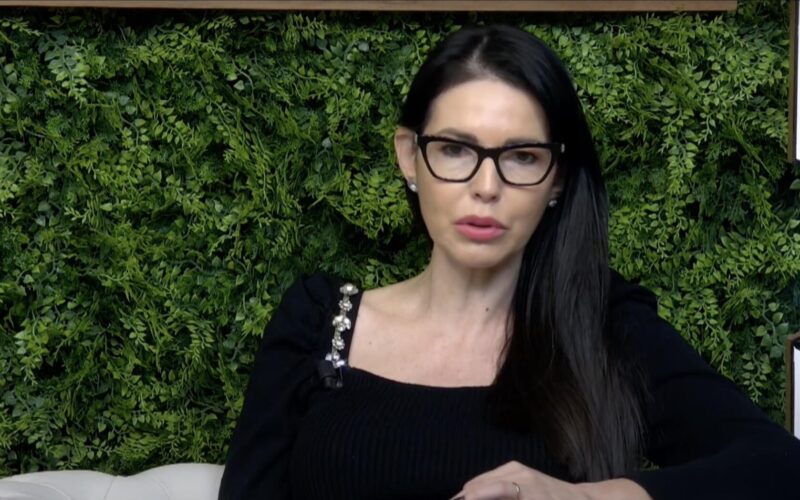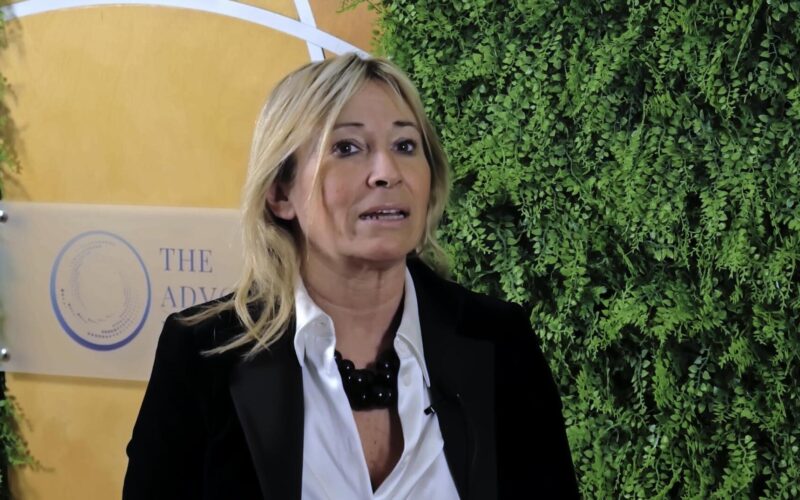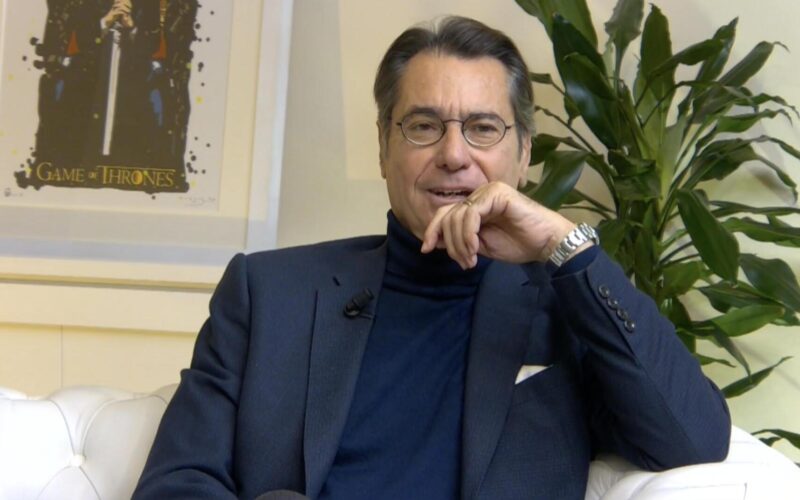Place Lux
It takes two men to fill Timmermans’ shoes: Parliament greenlights new EU climate leadership
Di Zoe Ricci
Yesterday’s plenary vote confirmed what was decided by the members of the ENVI committee: Wopke Hoekstra is the new European Commissioner for Climate, and Maroš Šefčovič can take over as Executive Vice-President for the European Green Deal. This outcome was not easy to reach, as both candidates had to face tough scrutiny from MEPs during their hearings, leading to the postponement of their confirmations. Hoekstra – former Dutch Deputy Prime Minister and Foreign Affairs Minister belonging to the centre-right EPP – and Šefčovič – S&D member already serving as Commission’s Vice-President and Commissioner for Interinstitutional relations – will be now taking over the portfolio previously belonging to Frans Timmermans, who stepped down to run in the Dutch General Elections.
EPP and S&D, which both had candidates in the running, gave their approval, despite at first vowing to vote against each other’s candidate. As the written answers to the questions provided more clarity on key issues, the liberal Renew Europe and the Greens also gave their support, allowing for the necessary two-thirds majority to be reached. The right-wing parties ID and ECR, as well as the far-left The Left, voted against. This clearly reflects the broader fragmentation within the European Parliament, particularly concerning the European Green Deal, which is facing many challenges in meeting its ambitious goals.
During his hearing, Hoekstra had to address several objections. The most prominent ones concerned his past roles, as he was associated with oil company Shell and consultancy firm McKinsey, which raised concerns among some MEPs about potential conflicts of interest and his commitment to ambitious climate policies. Despite Hoekstra’s efforts to express his support for the EU’s climate policies, the Green MEPs demanded written commitments to hold him accountable for his pledge to promote a 90% reduction in greenhouse gas emissions by 2040. Moreover, adopting an openly green stance didn’t shield him from criticism, as it led to scepticism among some members of his own party, who questioned the authenticity of his transformation and worried that his concessions to appease Green and Socialist groups might undermine the EPP’s traditional positions.
Quite unexpectedly Šefčovič’s hearing didn’t go much better, and it was what eventually led MEPs to demand written answers from both candidates, with ENVI Chair Pascal Canfin (Renew, FR) going as far as to put his appointment into question. Vice-President Šefčovič encountered criticism for his vague responses, lack of specific commitments, and inability to provide clear timelines and details regarding the upcoming legislative agenda related to the Green Deal. He also had to face tough scrutiny with regard to his long-standing connection to Robert Fico, the populist former Prime Minister of Slovakia who recently won the country’s election with a pro-Russian stance. Conservative lawmakers questioned Šefčovič’s commitment to the EU’s policies, especially those concerning Russian energy flows and weapons deliveries to Ukraine.
In the end, the additional written responses provided the much-needed clarifications, leading the ENVI Committee to greenlight both candidates, confirmed during today’s plenary, with 279 votes against 173 in favour of Hoekstra and 322 against 158 in favour of Šefčovič. The Council will also have to give its formal approval.
While the political debate over these appointments has been resolved, it is yet another reminder of the divisions within the EU over its approach to environmental policies. The European Green Deal, in particular, has been a victim of this, as for a while now it has been at the centre of heated political turmoil. Earlier this year, one of its initiatives, the Nature Restoration Law, triggered a considerable clash due to the stern opposition mounted by the centre-right EPP, which hinted at a possible rightward shift of the party in view of the 2024 elections. Moreover, President von der Leyen’s decision to appoint an EPP member as the Climate Commissioner, a post formerly held by an S&D one, surely didn’t help ease the tension. Many alleged this choice might have been a possible attempt to secure a second mandate and criticized it by pointing out the EPP’s recent opposition to Green Deal initiatives. Amidst these political challenges and as the legislative term nears its end, the European Green Deal surely faces a defining year ahead.








